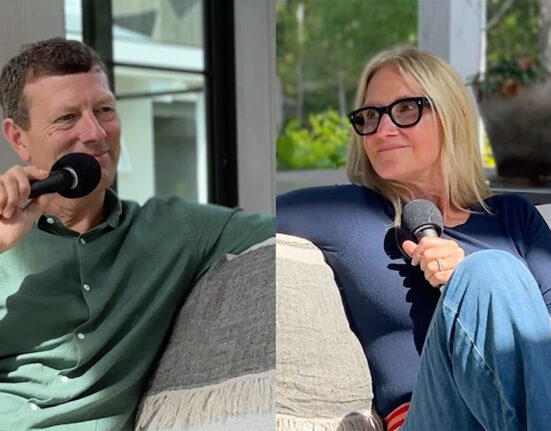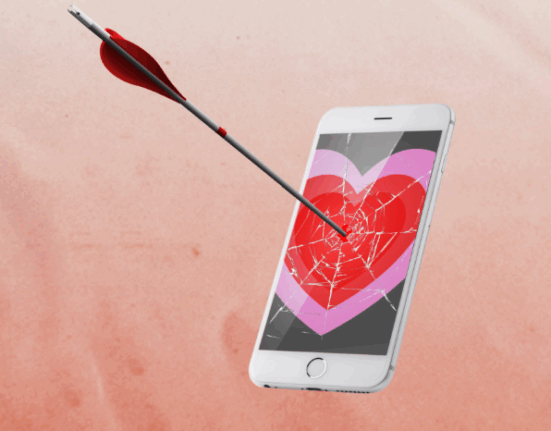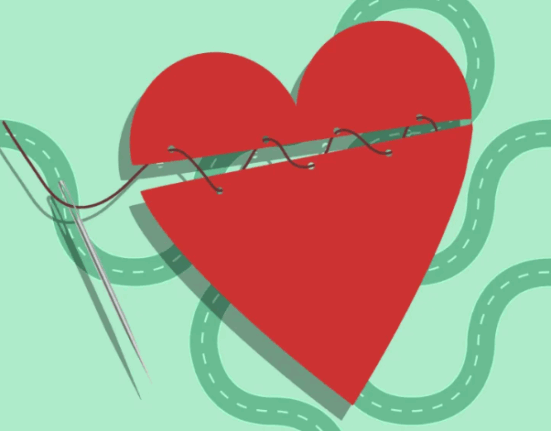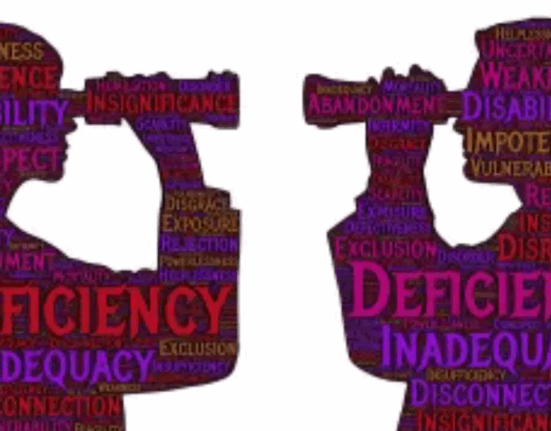Last Updated on May 9, 2024 by Rachel Hall
There are some people who look at an international emergency and think of the best way to help everyone. Captain Tom, for example. There are others who decide to make everything more unpleasant for everyone.
With lockdowns imposed, bars closed and meetups discouraged, lots of people turned to online dating in 2020 and 2021. Shut inside with no company and just enough furlough pay to cover the rent but not enough to buy entertainment, many decided to dust off their Tinder profiles, re-download Hinge and try to find someone to talk to. That’s fine. But unfortunately, scammers were able to capitalise on people’s loneliness and run far more online romance fraud.
It would be interesting to know if standard catfishers had an easier time during lockdown: after all, there wouldn’t be any expectation to meet in person and desperate people are famously more gullible, but everyone just got a crash-course in Zoom and refusal to video call with someone you’ve been talking to online is one of the biggest red flags to wave. One thing is clear, though, and it’s that scammers have managed to steal a lot of money in the past 18 months.
A recent study found that romance fraud in the UK climbed by 40% at the start of 2021 and the average victim lost nearly £10,000. Experts are actually worried that this may be higher and that many people are afraid to report it because they’re embarrassed or because of the havoc it could cause in their personal lives. As with any crime, it’s worth coming forward, even if there’s no chance of recovering the stolen funds, because it makes it easier to catch scammers and prevent this from happening to anyone else.
The UK isn’t the only place to see a rise in online romance scams, and in the USA victims lost $300 million in 2020, which is a 50% increase from 2019. Over in Australia, a woman who believed she was in an online relationship with an American soldier ended up laundering £83,000 for a gang. There have been more reports of online romance scams in all age groups, although the amount of money that’s taken and the percentage increase varies between categories. It certainly seems like anyone who uses online dating services can be targeted.
Many dating sites and apps try to protect their users from online romance scams, with tips that range from reverse image searching to avoid sending people any kind of payment. Sure, this is good advice, but for people who are emotionally invested in their scammers, it may be difficult to see what’s really happening. They might say that their pictures were stolen, or they need money for medical bills or to pay rent/mortgage. If you’ve told someone you love them and they’ve said the same to you, how could you let them sleep on the street? Of course, most of the time the scammer is lying, but with the Covid-driven recession it’s far easier to believe that someone’s in dire straits.
Online romance scammers have realised that one of the best ways to take someone’s money isn’t to rob their bank or hack their accounts but through the person themselves. Scammers are inherently manipulative and will do anything to convince their victims to hand over their money. Online romance scammers are becoming more prevalent and getting more money from more people, and for now, we don’t have a way to put an end to the practice.

Rachel Hall, M.A., completed her education in English at the University of Pennsylvania and received her master’s degree in family therapy from Northern Washington University. She has been actively involved in the treatment of anxiety disorders, depression, OCD, and coping with life changes and traumatic events for both families and individual clients for over a decade. Her areas of expertise include narrative therapy, cognitive behavioral therapy, and therapy for traumatic cases. In addition, Rachel conducts workshops focusing on the psychology of positive thinking and coping skills for both parents and teens. She has also authored numerous articles on the topics of mental health, stress, family dynamics and parenting.








Leave feedback about this